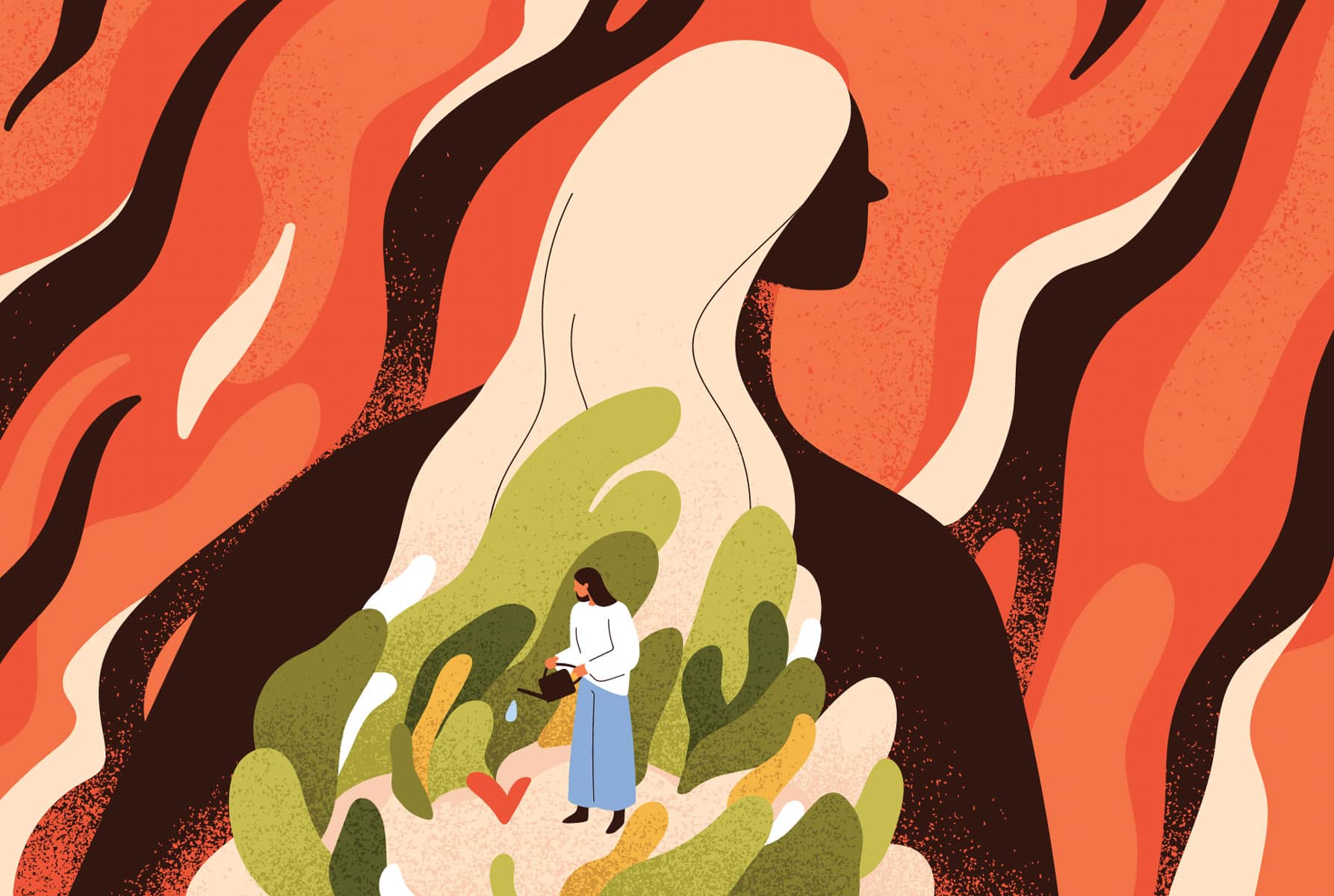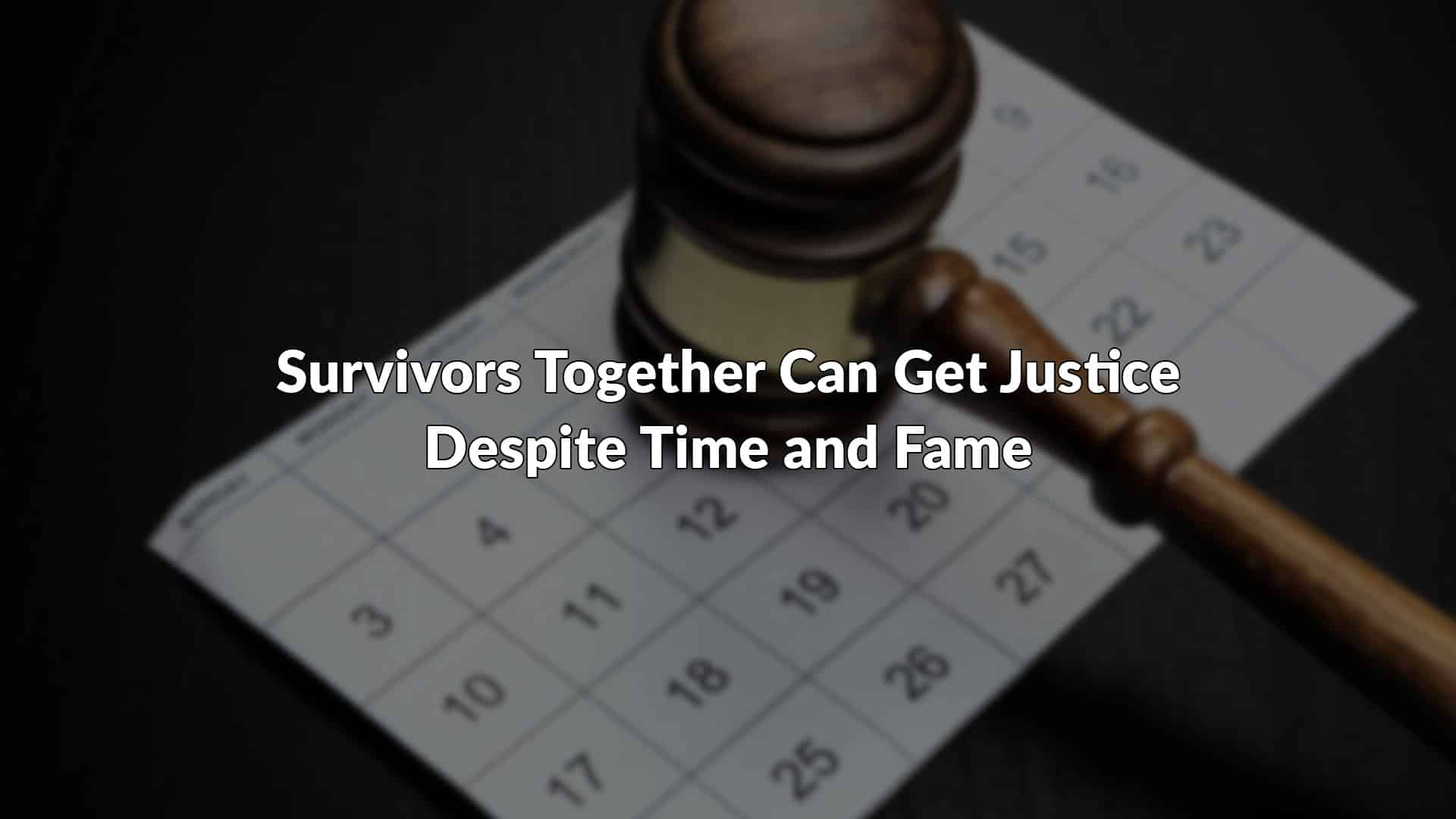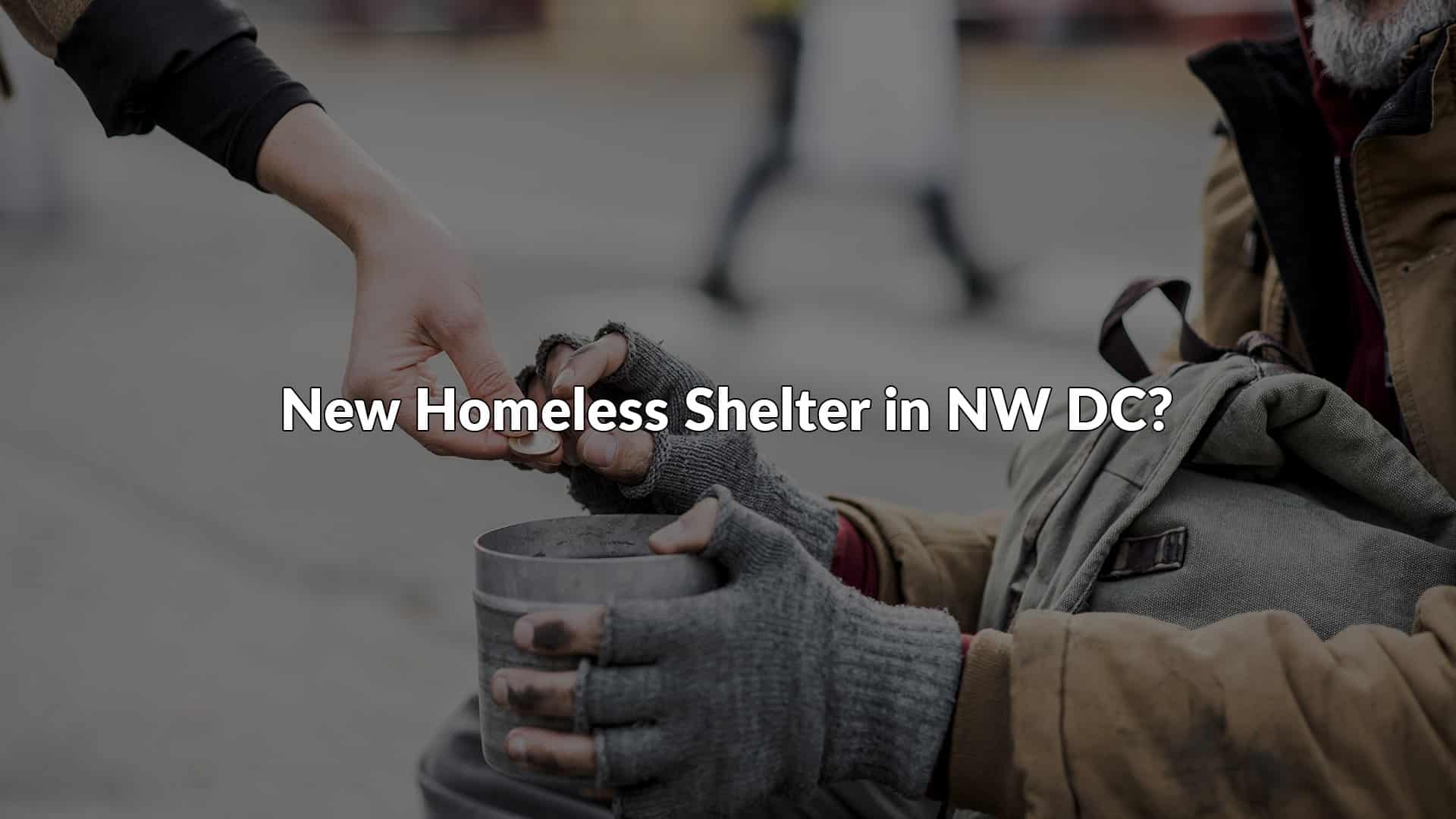Click HERE to read the original article
By Carole Bernard
Last week, a New York jury found R&B singer R. Kelly guilty of sex trafficking, along with separate charges of racketeering, including acts of bribery and sexual exploitation of a child. Survivors’ voices were heard, and the legal victory was theirs. Now they, and all of us, await the sentencing of a predator, whose reign of exploitation spans to Illinois and Minnesota, where he faces similar charges. The courageous litigants of this case resemble the many survivors in the DC-metro area – Black, U.S.-born cis- and trans-women who face poverty, homelessness, mental health issues, substance abuse, and incarceration during their exploitation.
While this ruling is indeed a victory for those whom R. Kelly exploited, it is telling that the abuse went on for decades before the abused were recognized and heard. It is emblematic of the sex trafficking cases happening across the country: the desperate cries of the exploited are ignored by the media and the general public. The judicial system is slow to respond, and, without a coordinated community-based response to sex trafficking, many survivors are often re-victimized and criminalized. As a result, survivors are often relegated to the shadows of society. Survivors suffer severe abuse and trauma at the hands of their traffickers, and getting out of the “life” can be terrifying. The brave Black women and girls represented in R. Kelly’s case came out of the shadows, took a chance on the legal system, and gave a voice to the many unheard survivors that many cannot or will not see in their communities.
Black Women and Societal Factors for Sex Trafficking
We cannot ignore the role that racism and the sexualization of Black women and girls play in the disproportionate numbers of this population being trafficked. According to Snapshot on the State of Black Women and Girls: Sex Trafficking in the U.S., a report published by the Congressional Black Caucus Foundation, “To better understand the high rates of sex trafficking among Black women and girls, research has indicated the continued sexualization of Black women and girls’ bodies which has played out since slavery. The myths around Black women and girls’ hypersexuality cannot be ignored when researching sex trafficking.”`
On top of the historical sexual sterotypes about Black women that span hundreds of years, there are also critical intersecting risk factors that make Black women and girls vulnerable to sex trafficking:
- Involvement in the juvenile and criminal legal systems
- Unequal school discipline policies
- Involvement in the child welfare system
- History of physical sexual abuse
The report outlines that Black girls are more likely to experience poverty than their racial counterparts. Traffickers tend to target Black women with a low socioeconomic status. Black girls are more likely to experience sexual and physical abuse than their racial counterparts Although Black children make up 14% of children in the U.S, they also make up 23% of the children in the foster care system. Black children are sexually abused twice as much as their White counterparts in the foster care system.
It is the conscious and/or unconscious bias that leaves so many missing Black women and girls, and also boys and LGBTQIA+ individuals, omitted from the media headlines and without a search party. It is systemic racism that has Black women and girls criminalized and re-victimized more frequently than their White counterparts by the legal system when charges are brought against them for crimes they committed under the duress of being trafficked. This is the perpetual injustice faced by survivors.
Commitment to Survivors
As a society, we must recognize these societal risk factors and address sex trafficking through a social justice lens. Sex trafficking, like so many other important societal issues, requires a holistic approach to support marginalized populations struggling for equity and safety. It requires a community-based response that provides for trauma-informed legal representation; access to support services; training for community stakeholders, law enforcement, medical professionals, and court actors; and advocacy for sound public policy that strives to level the legal playing field for individuals impacted by sex trafficking or involved in commercial sex work.
In essence, we must see survivors and their humanity. We must understand their situations and the multi-faceted complexity of their lives. We must own the incredible role we all can play in addressing sex trafficking in our society by openly discussing the vulnerability factors – poverty, housing insecurity and homeslessness, the child welfare system, the legal system, the school to prison pipeline, and gender violence.
Restorative justice is key. The individuals victimized by R. Kelly can claim a victory in their legal battle, but their journey towards healing will not be easy and the war on sex trafficking remains to be won. Let’s stand alongside the many victims of R. Kelly and celebrate their resilience. Let’s stay informed and break down racist and misogynistic myths and commit each day to have the voices of survivors heard. Let’s work to dismantle systemic racism. Let’s do all of this so that survivors everywhere can know that we see them, as the world now sees the survivors in the R. Kelly case.
Carole Bernard is the Chief Executive Officer for the Amara Legal Center, a DC-based nonprofit that provides free legal representation to individuals impacted by sex trafficking or involved in sex work in the DC-metro area.



